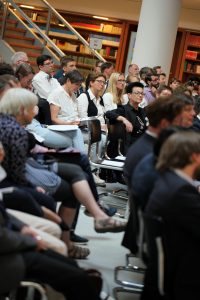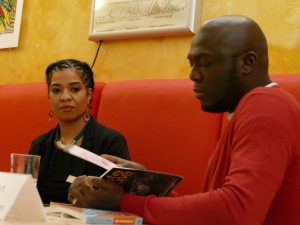Landmark judgment on decriminalization in Botswana
Deutsche Fassung hier
Good news from Botswana – on 11 June 2019 the country’s High Court lifted the ban on homosexual practices! Activists at the courtroom in the capital city of Gabarone broke into cheers and waved rainbow flags.
This landmark judgment, which resonates well beyond the borders of Botswana, will hopefully serve as a model in Africa and other Commonwealth nations! Our congratulations to the lesbians, gay men and bisexuals of Botswana and especially to the LEGABIBO organization (Lesbians, Gays and Bisexuals of Botswana), because it was instrumental in filing and successfully representing the case.
Criminalization violates the right to privacy












